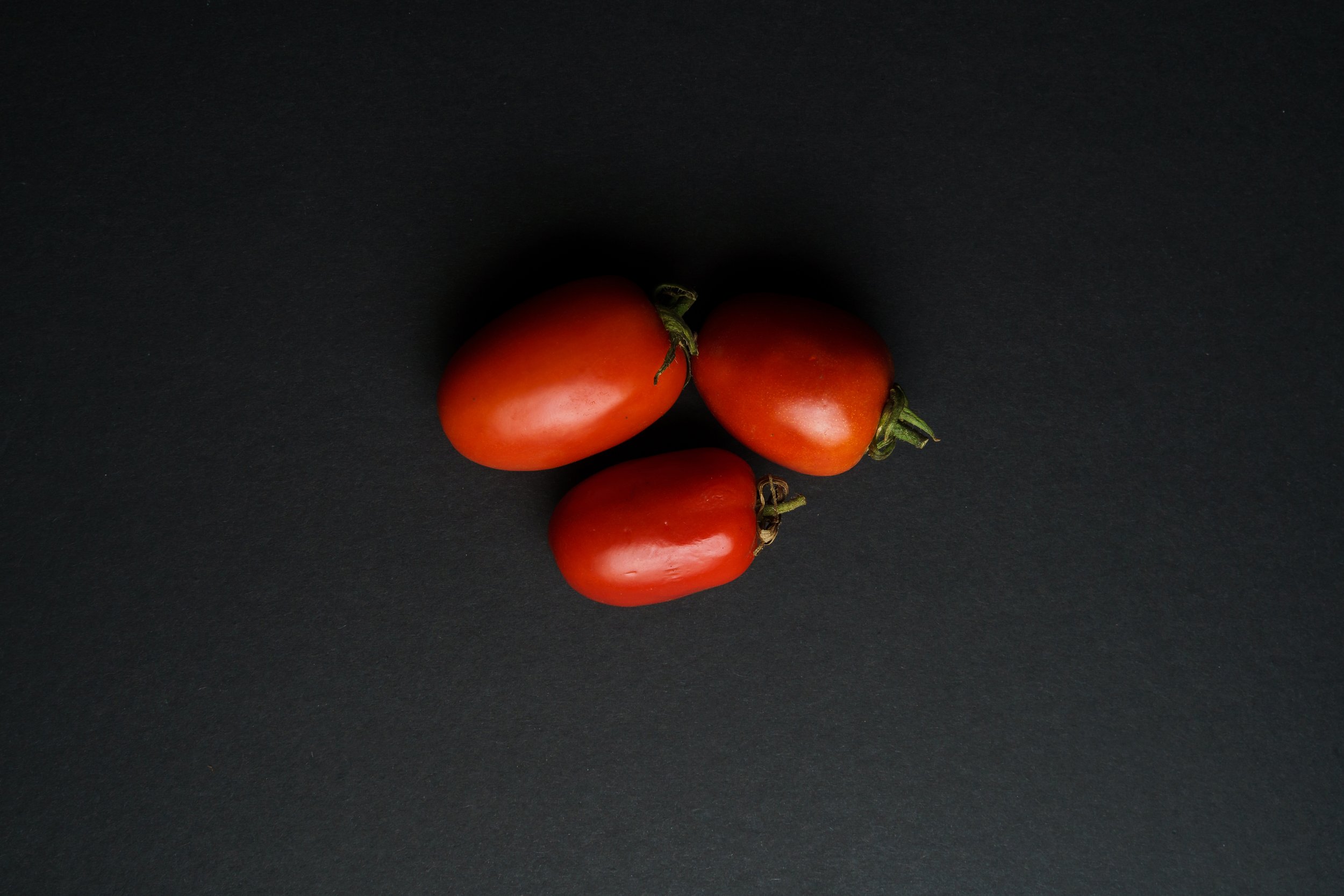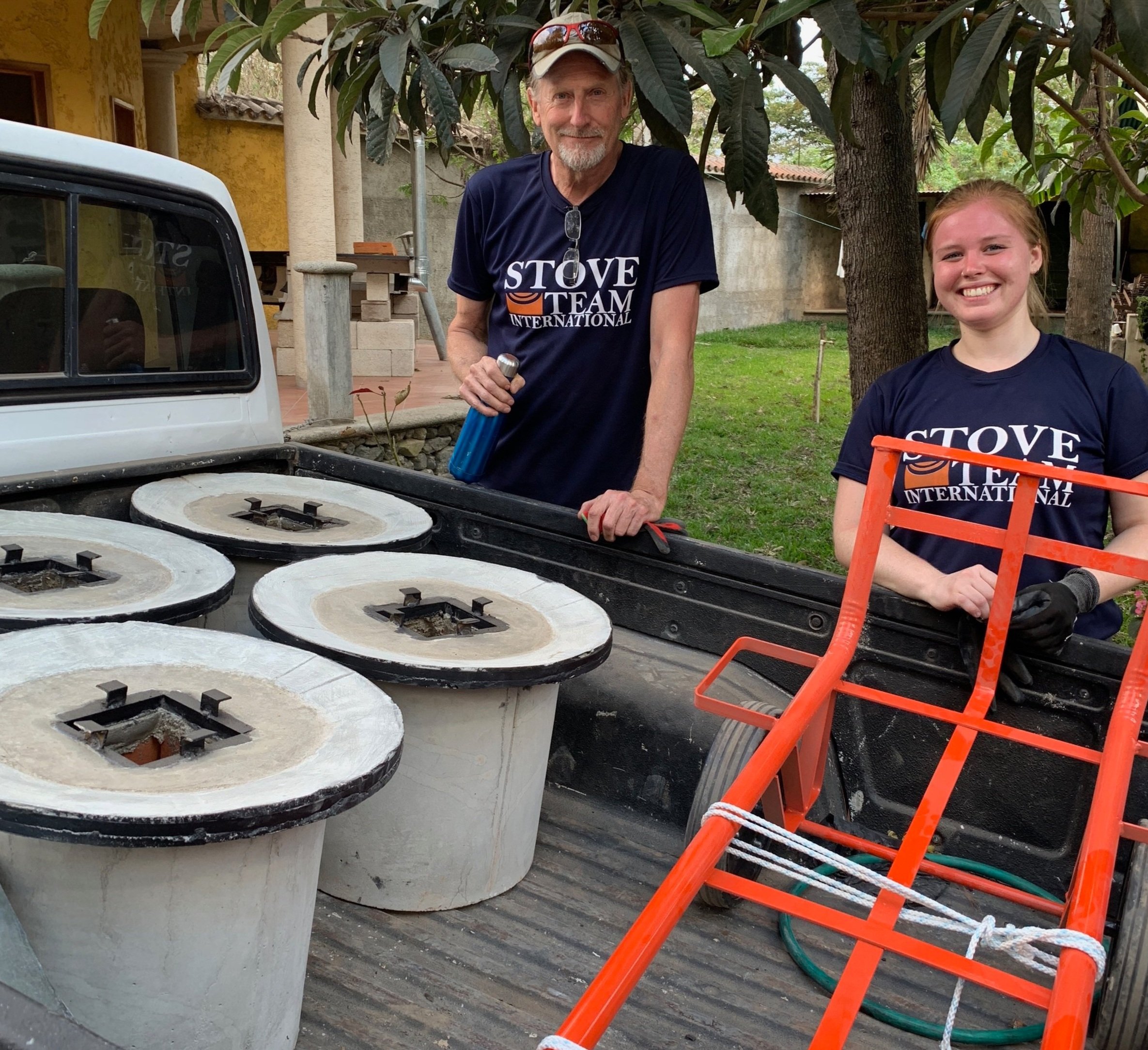In this chapter of our story series, Don Steely, an instrumental volunteer and supporter of StoveTeam, shares his introduction to StoveTeam. This narrative embodies the genuine connective force that Rotary exerts among change-makers across the globe. It also highlights our long-time partnership with Gustavo Peña, StoveTeam's first local partner in El Salvador.
“In 2005, I had just moved back to Eugene from Fiji and was looking for a Rotary Club to join. I went to a Southtowne meeting, introduced myself and stated that I was coming from the Rotary Club of Savusavu.
Nancy raised her hand and said she’d been to the tiny out-island town of SavuSavu, and then invited me on a StoveTeam trip to Guatemala. Four months later, I found myself working with Diego smashing an old concrete platform in the corner of his tiny house so we could install his new cookstove –at the time we were installing stoves made by a different organization. His appreciation and that of his wife were palpable, as was the gratitude of the other five homes where I helped install stoves on that trip. There was such incredible satisfaction and joy from making their lives easier–it felt like a privilege to be able to help these people who had so little. I was hooked.
Fast forward about a year, and Nancy, Gerry, Gail and I were in El Salvador with Gustavo going around to various government organizations and NGOs showing off StoveTeam International’s new rocket stove design by Larry Winiarski. It’s a hit-- the response is overwhelmingly positive. Suddenly that satisfaction, that feeling of privilege from installing one stove in one home exploded to, OMG, look at what we have started.
There were many trips to El Salvador to set up that first factory. We made a lot of mistakes and were frustrated by the many delays and setbacks, but Gustavo was patient and marshaled us through. We learned about making a small factory both physically and fiscally successful and even redesigned our stove. Through it all, we never lost that realization that what we had was the privilege of significantly changing people’s lives for the better.”
–Don Steely, Instrumental Supporter of StoveTeam & StoveTeam’s Beginnings
This reflection is a part of our “SMOKE: The Flavor of Guatemala” Story Series. With this story, we would like to share another recipe from our special edition cookbook, “SMOKE: The Flavor of Guatemala”. To receive your copy of "SMOKE: The Flavor of Guatemala" visit our website.




























